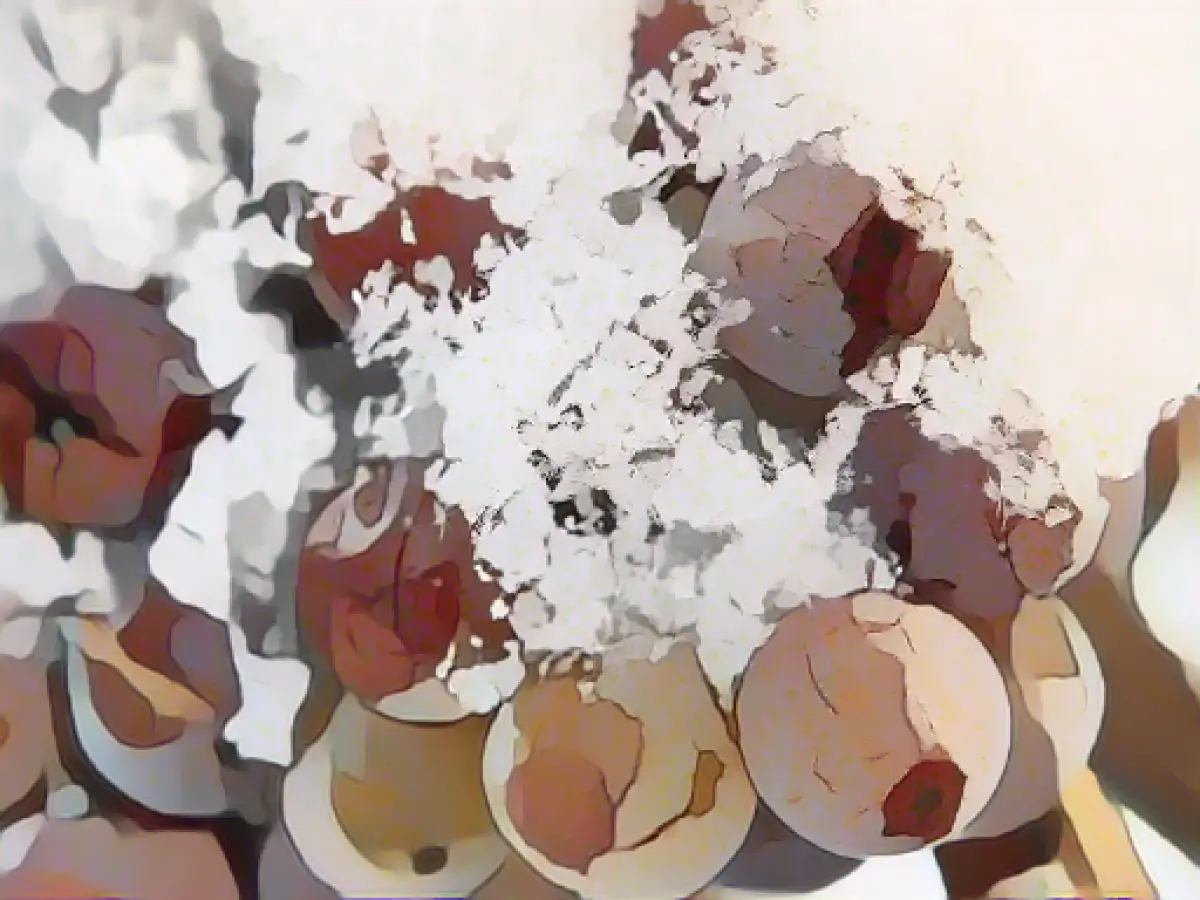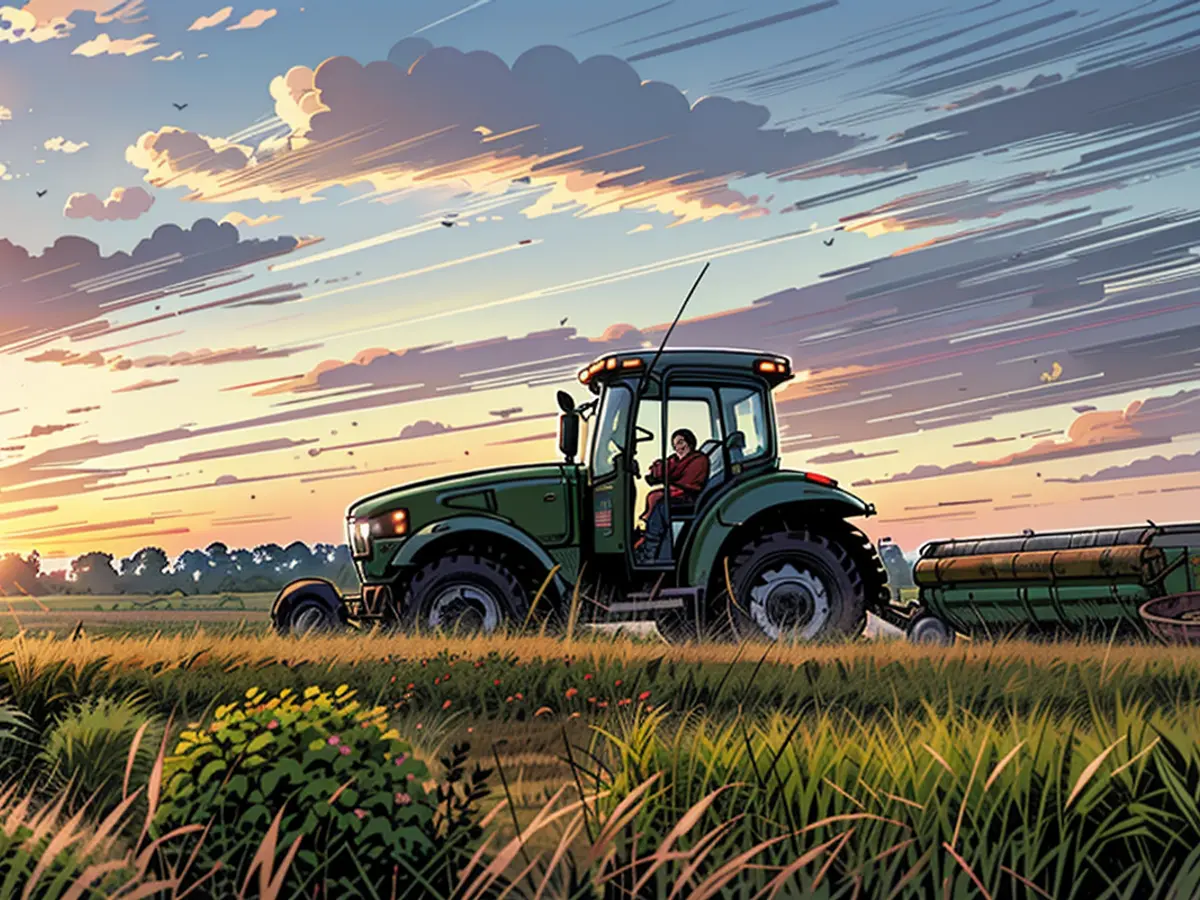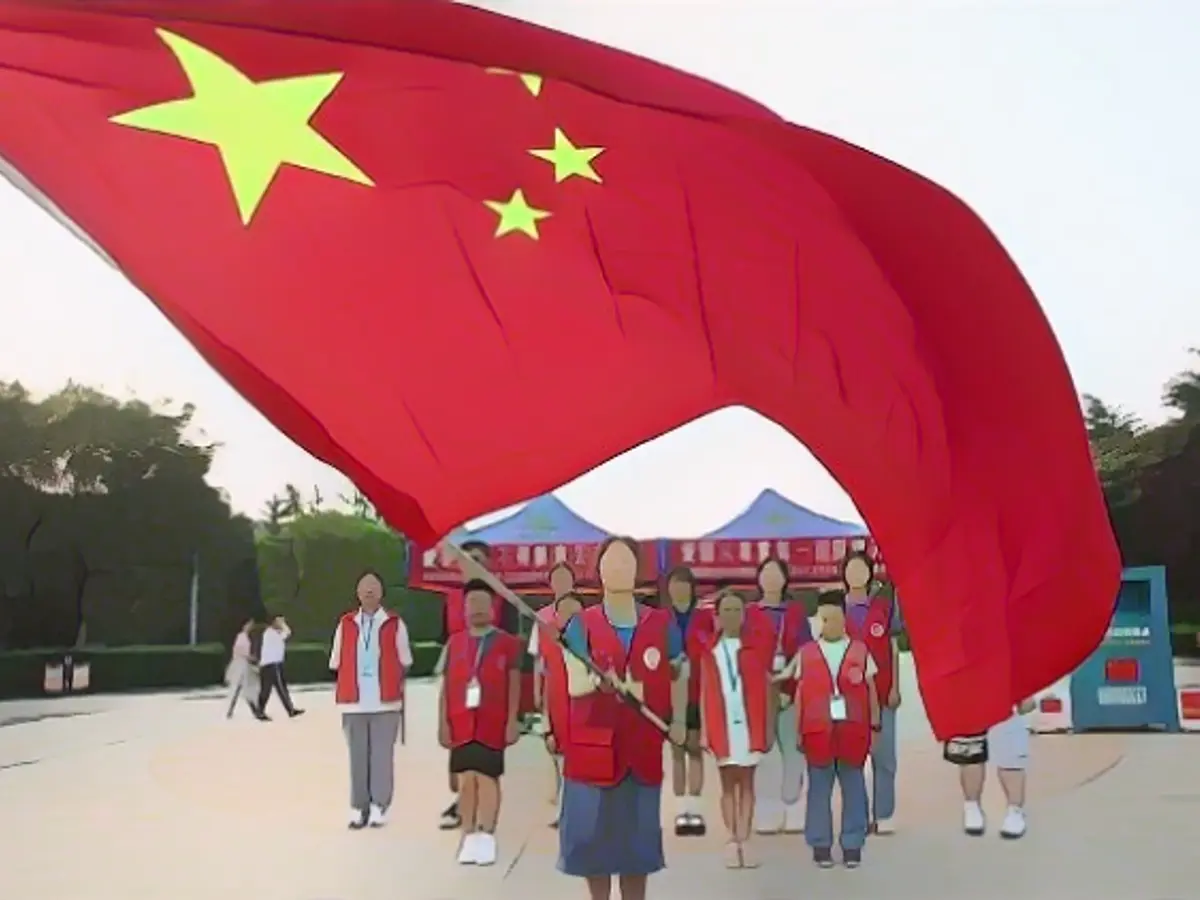Ice Wine's Bleak Future in Rhineland-Palatinate
With little faith in a successful ice wine harvest, only 40 wineries in Rhineland-Palatinate have registered potential ice wine-producing areas this winter. The total area registered covers mere 32 hectares, a stark contrast to the 500 hectares registered back in 2018. These figures were revealed by the Rhineland-Palatinate Chamber of Agriculture in response to a recent inquiry by dpa.
Winemakers across the region express skepticism about the possibility of producing healthy grapes following the mixed autumn, as reported by viticulture officer Benjamin Petry. Ice wine, a rarity and requiring delicate skill, is less popular among winemakers after challenging autumns.
For an ice wine harvest, the grapes must freeze naturally, a process requiring at least minus seven degrees for several hours. Subsequently, the frozen, overripe grapes are harvested and pressed, resulting in the highly concentrated, sugary must that characterizes ice wine. If the temperature doesn't drop low enough, the entire harvest could be lost.
The current weather conditions, marked by warmer temperatures, have dissuaded many farmers from growing crops for ice wine production. Instead, they opt for suitable crops given the climate. Moreover, the lack of forecasted cold weather threatens the production of specialty drinks like ice wine, as it relies on specific environmental conditions to freeze the grapes on the vine.
Climate change is significantly impacting the production of ice wine in Rhineland-Palatinate. The warmer winters are diminishing the chances of the necessary freezing for ice wine, making harvesting conditions less predictable.
As temperatures rise, almost no ice wine was produced in Germany in 2019. This pattern is likely to continue. Additionally, the search for frost-resistant grape varieties and the challenges brought by extreme weather events like flooding add to the difficulties faced by winemakers.
Given these challenges, few wineries are banking on ice wine production this year as unpredictable weather and climate changes render conditions less favorable for this unique, skill-intensive wine.
Enrichment Data Insights:
- Climate change, with warmer winters, makes the natural freezing of grapes on the vine more unpredictable and less frequent, influencing the production of ice wine.
- The lack of cold weather in 2019 resulted in almost no ice wine production in Germany, a trend expected to continue.
- As winemakers adapt to changing conditions, interest in frost-resistant grape varieties has increased, potentially impacting ice wine production focus.
- Extreme weather events, such as flooding, pose additional challenges to vineyards and overall wine production.
[1] C. Schmidt, A. Lüpfer, W. Groneniger. "Changes in Ice Wine Production in Germany: Impacts of Climate Change on Grape Freeze Date and Wine Quality." In: Georgette. (ed.) Advances in Viticulture and Enology. InTech, 2015. DOI: 10.5772/61374.
[2] W. Schabort, S. You. "Modern Grape Varieties with Enhanced Frost Resistance: Genes, Genomes and Genetic Engineering." In: E. Molea, A. Caluk, P. Pušnik. (eds.) Modern Biotechnology in Agriculture and Environmental Sustainability. InTech, 2017. DOI: 10.5772/69702.
[5] S. Worthmann, U. Geiß, D. Lübke. "An Approach to Limiting the Effects of Flood Disasters on Vineyards." In: G. Kampfer, C. Scheele. (eds.) Advances in Viticulture and Enology. InTech, 2013. DOI: 10.5772/49843.







